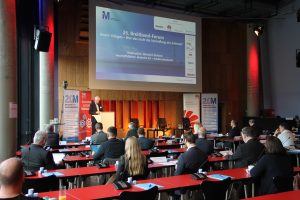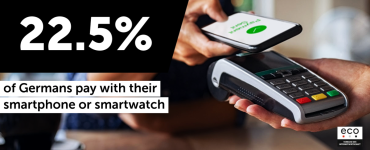Ekkehart Gerlach | Managing Director
german ict + media academy
“Infrastructure for the Global Village” (Al Gore) – or at least that was the idea in the early 90s – is above all geared towards high-level connectivity of rural regions with the big cities. This, according to early thinkers, would allow resources and skills to be brought from further afield to where they were needed in a much better way than with any other infrastructure such as roads, railways or rivers, and in a much more environmentally friendly, sustainable manner. And, conversely, rural regions would no longer be left behind in terms of shopping, medical care and, above all, jobs. It’s almost tragic that it took a pandemic to really recognise the macroeconomic and societal opportunities of the home office. At the 26th Broadband Forum of the German ict + medienakademie on 10.11.21 in Cologne’s MediaPark, the question was explored as to why we find it so difficult to tap the potential for growth and prosperity that lies in the “Smart Rural Areas”.
One point raised concerned the direction where precedence has been given to so-called self-supported development “where it is worthwhile”, rather than regarding and installing broadband as a societal infrastructure. But the participants were of the consensus that, at any rate, the deliberations on copper telephone cable, coaxial cable and fibre optics have been settled – fibre optics is the ultima ratio with a few exceptions. The panel’s view was borne out by the fact that the three best practices presented from Ireland, the Netherlands and Sweden, although completely different – from “top down” (Ireland) to “bottom up” (Sweden) – all produced significantly better results than the German mode.
In contrast, the German approaches for a nationwide broadband development of rural areas– here, Professor Diane Ahrens described examples of the digital villages in Bavaria, and TÜV Rheinland presented the fast and consensual network development in Rhineland-Palatinate –still seem to be lonely beacons. But at least there is hope offered by the cross-party consensus of the North-Rhine Westphalian state parliament parties; after almost three decades of practical standstill in the matter of fibre-optic broadband in the province, the framework conditions will now be delivered in such a way that progress can be made quickly. Examples mentioned in this regard included a streamlining of the broadband bureaucracy, which largely prevents a call for subsidies, or a sounding out of what might be possible under antitrust law aspects in terms of cooperation between providers.




